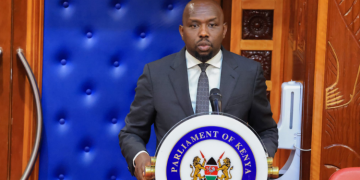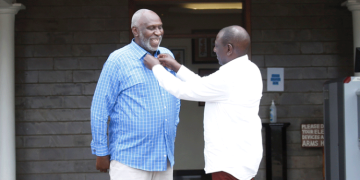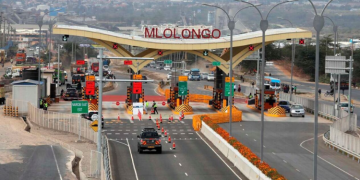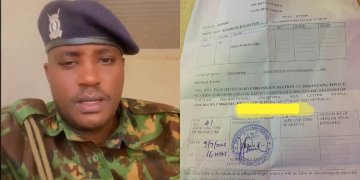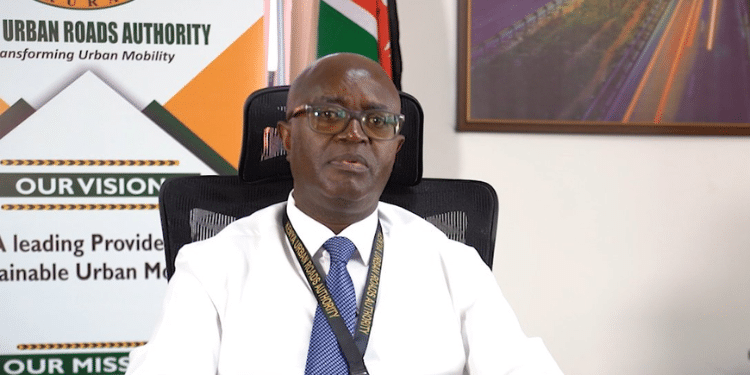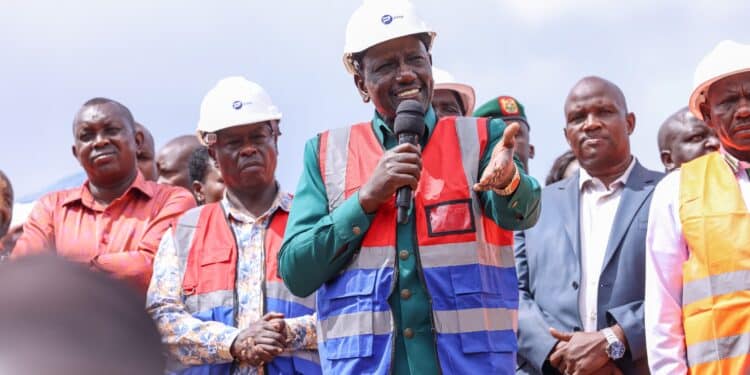The High Court has given the way forward on the imposition of the affordable housing levy that is currently at the rate of 1.5% on gross salary of an employee or the gross income of a person received or accrued, as provided in the Affordable Housing Act, 2024.
A three-judge bench made up of Justices Olga Sewe, John Chigiti and Josephine Mong’are on Tuesday October 22, 2024, ruled the Act is legal and that the Housing Levy was properly enacted and in accordance with the Constitution.
The judges said that there was adequate public participation in implementing the Act, dismissing claims of double taxation and discrimination.
“It is our finding that the levy is properly in place and in accordance with the constitution,” said Mong’are.
The court noted that the National Assembly holds the authority to determine how taxes are calculated, imposed and collected under Article 95 of the constitution.
“Section 4 of the Housing Levy Act is not unconstitutional,” said Mong’are.
The court on claims of discrimination ruled the levy does not unfairly burden Kenyans as alleged by the petitioners.
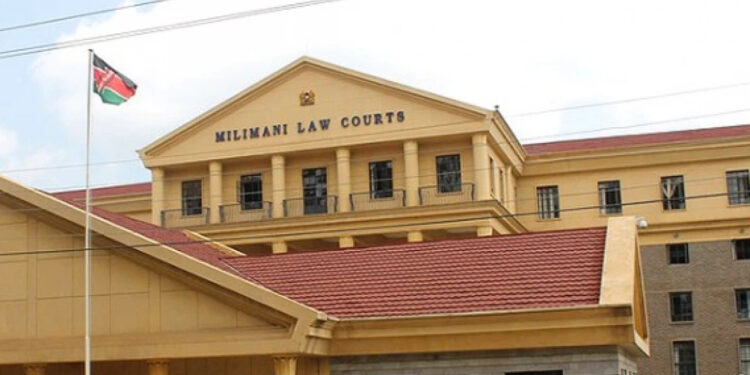
Justice Chigiti added that the purpose of the Act is to provide a legal framework for Affordable Housing programs, stating, “The Act aims to promote and uphold the constitutional duty of the state to provide housing.”
Court declines to issue orders stopping Housing levy
He further noted that Sections 3 and 4 of the Act do not infringe Article 43(1) of the constitution which guarantees the right to housing.
Six petitions challenging the housing levy among other provisions of the Affordable Housing Act were filed but later consolidated.
Among them is one filed by 22 senators led by Busia Senator Okiya Omtatah and seven other human rights defenders.
They sought to quash the Act in its entirety.
The petitioners in the matter had specifically taken issue with a section of the new Act that seeks to appoint the Commissioner General of KRA as the collector of the affordable housing levy, and sections 4 and 5 of the Act, which impose the levy.
Earlier in July 14, the Court had declined to issue orders stopping the imposition of the affordable housing levy.
This came after it considered among other issues arguments advanced by the state that it would be difficult to reverse the effects if the orders were granted because contracts have already been signed and infrastructure projects initiated.
“We have no doubt that the affordable housing levy is a matter that has generated a lot of public interest. We are also convinced that the public interest tilts in favor of not granting the order but in prioritizing these petitions for hearing and determination,” the judges said.
Also Read: Juakali Sector Secures Ksh4.4 billion from Affordable Housing
In declining to issue the orders the three-judge bench said the court should be slow in doing so especially in matters involving constitutionality of statutes.
“The petitioners have failed to demonstrate either that the challenged provisions pose a danger to life or threaten the bill of rights to warrant issuance of orders sought,” they said.
In closing, the judges said the matter would be determined on a priority basis.
Petition
On March 19, President William Ruto signed into law the Affordable Housing Bill 2023, paving the way for the reinstatement of the contentious housing levy deductions.
The new legislation ropes in workers in the informal sector in order for the regulations to be in agreement with the High Court ruling that rendered it unconstitutional last year.
Also Read: Ruto Goes After Contractor Who Messed Up His Affordable Housing Plan
Under this new law, Kenyans are deducted 1.5 per cent of their gross monthly pay.
The petitioners had asked the court to quash the imposition of the Affordable Housing Levy at the rate of 1.5% as provided in the Affordable Housing Act, of 2024.
Also sought is an order suspending Section 2(1) of the Affordable Housing Act, 2024, to the extent that it appoints the Commissioner General of the KRA as the collector of the affordable housing levy, and sections 4 and 5 of the Act, which impose the levy.
Senator Omtatah maintained that any collection of funds must wait for the Board to be operationalized.
“Further, such monies collected outside the law by the Commissioner General will be exposed to theft since it cannot be secured by being lawfully kept in any of the existing funds, including in the Consolidated Fund,” he said.
Those sued in the matter are the National Assembly, the Senate, the Attorney General, the Ministry of Lands, the National Housing Corporation, Kenya Slum Upgrading, the low-cost housing and Infrastructure Fund, the Commissioner General, and the Kenya Revenue Authority.
The Commission on Revenue Allocation, Controller of Budget, Attorney General, National Land Commission and the Council of Governors were also roped in the lawsuit.
Follow our WhatsApp Channel for real-time news updates!
https://whatsapp.com/channel/0029VaB3k54HltYFiQ1f2i2C



